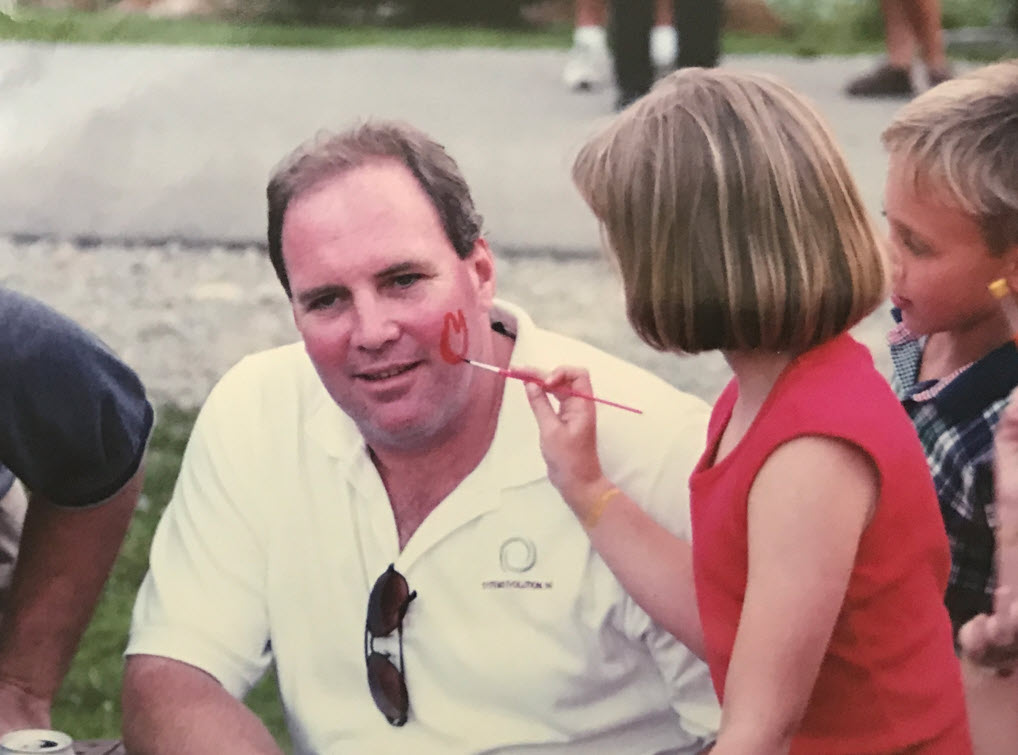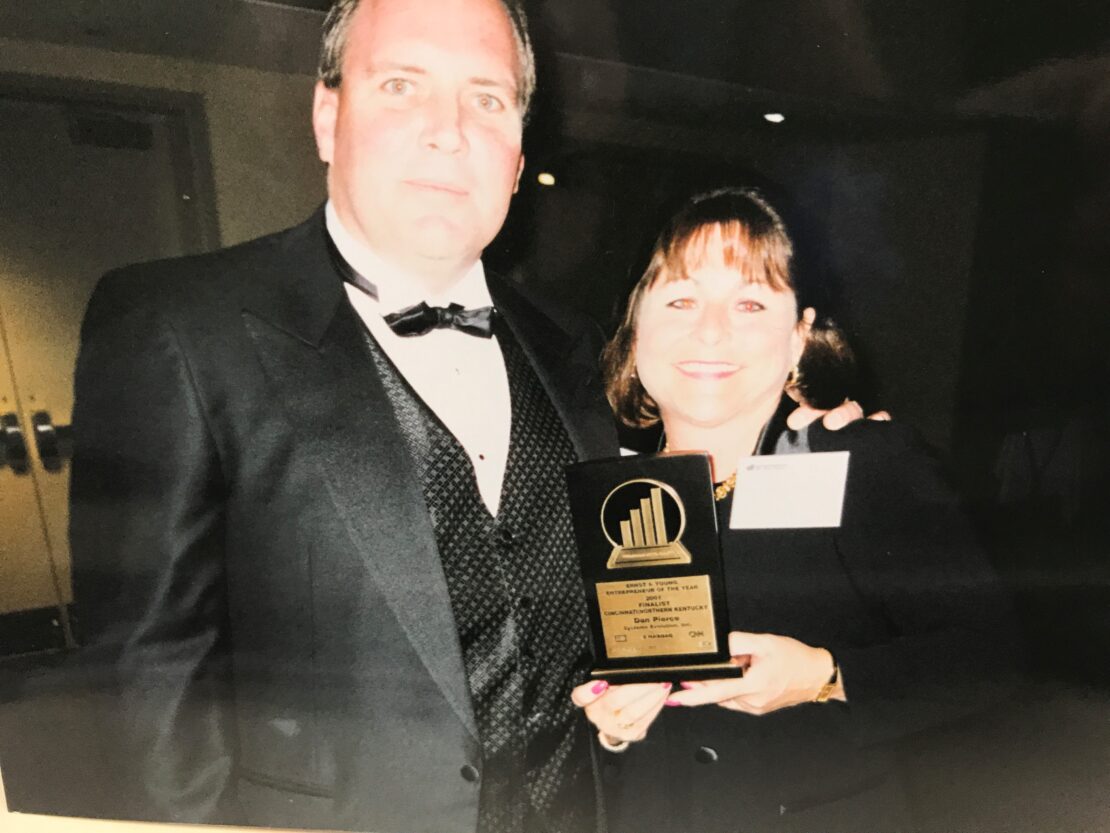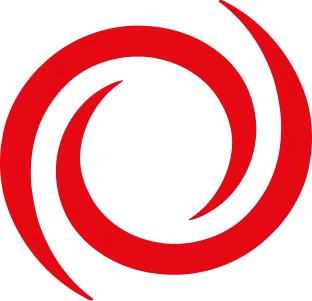This July marks SEI’s 30th year of being in business. From a small firm in Cincinnati with only technical-skilled consultants to a large firm with 13 local operating companies and a wide range of specialties across various industries, SEI’s model has enabled it to be one of the top consulting firms across the nation. SEI’s focus on its culture and people started from Founder Dan Pierce’s vision and has continued to be a core differentiator.
Cincinnati Consultant, Anuja Agnihotri, sat down with seasoned Cincinnati Consultants Tim Cassidy and Cheryl Brankamp. They have been with SEI Cincinnati for more than 25 years and have seen the company grow from its humble beginnings in Kenwood, OH, to the nationwide presence we have today. Let’s look at what they have to say about SEI’s business success and growth enablers.
What were the core foundations Dan built the company on? If he were to start this business today, do you think he would build it on the same foundations?
Tim: Dan wanted a local model – where people can have a family life and be engaged in the community versus living out of a suitcase. He wanted a team of seasoned, high-performing professionals who could solve the client’s big, nasty problems. Most importantly, Dan wanted to gather a team where employees weren’t just working for a company but also for themselves and, therefore, have a vested interest in the company’s success. Today, I feel that the core foundations from 1992 would still be a guide, but not a rule. When we started 30 years ago, remote work wasn’t as productive as it is today. In the last few years, we have seen more cross-office collaboration and employees maintaining their Cincinnati membership in the company while not being here in person.
Cheryl: In the interview process, Dan talked about how consultants of SEI are the product, and he felt it was very important for them to be happy so they would want to stay. He wanted to reward us for our contributions and provide a family atmosphere within the group of consultants. We supported each other at the client level and in our personal lives while ensuring we continued to grow and meet our career aspirations. This was extremely important to him for developing, sustaining, and retaining good talent. These foundations are the same even 30 years later.
As soon as you walk into a room of SEIers, you feel the familial energy – the depth of friendships, collaboration, and a sense of comfort. In the initial years, why was that important as the company was finding its footing?
Tim: When the entire family can identify with the company and feel included in events, it increases employee satisfaction and happiness. Growing up, my kids couldn’t wait to go to an SEI event. Or, when I have to go to an event after work hours, and it cuts into my family time, my wife understands since this is our company rather than it being a burden. As we continue to grow nationally, we hire people who intentionally engage in life at SEI, and that manifests itself in different areas of the business. If you like to hike, read books, try different exercises or go rock climbing, you can join a group of people with similar interests. You can’t know everyone intimately the way we did when we were smaller, but you can still know pockets of people in smaller groups and engage with different people through SEI events and meetings.
Cheryl: Getting to know fellow SEIers is paramount. It speaks volumes when you have a personal connection with a consultant and want to bring them on to work on a client project. At my second client, a group of SEIers would always do things together. When our client stakeholders saw us, they would talk about how SEIers work together, collaborate, and help each other out. You don’t need to spend days learning a new topic on your own because somebody at SEI is either already an expert or has some knowledge of the subject you need help with. Our collective value has been a key to our success.

Culture is at the heart of everything we do at SEI. From 1992 to now, what do you think has led to culture being at the center of our business?
Tim: Culture not only dictates how the organization reacts to a situation but also how each individual reacts. SEI has always been about having an open book policy, transparency, and integrity. Consultants are the face of the company, and the way we handle ourselves at the client level, deliver, and build credibility shows our values. We focus on hiring A-players to ensure we keep our culture intact. And because we are people-centric, our business model is transferable. Each city injects its culture as a layer over our business model; consultants can work on local engagements because they can assimilate into local communities. At our heart, we remain the same, but we reflect our different environments.
Cheryl: Adding to what Tim said, building on SEI culture was important to me because I wanted to make sure we don’t lose what we have; I wanted it to be here for me and a place where I can continue to work. I hoped that if people saw that, they would want to be at SEI for the long haul too.
Over the last 30 years, there have been a number of bumps globally, i.e., recessions, a global pandemic, and war, that caused organizations to close shop or reduce their operations. During that time, SEI not only remained in business but was growing continuously. What do you think drove that sustained growth? What pivots did the business make while keeping Dan’s vision in mind?
Tim: Maintaining our commitment to who we hire has played a huge part in our success. When you hire great people who buy into your culture, it leads to slow, steadily sustained growth. We never had a goal to hire X number of people per year because it is not possible to get comfortable with a company culture that quickly. Having said that, we have never stopped hiring good people knowing that we always have client work to give star consultants. During a down economy, companies can’t hire as many FTEs, so they hire consultants since there is still work to be done. When we are in booming economies, companies need more people, so we get called in to cater to both types of business needs.
Over the years, we’ve had to pivot to ensure we continue growing. Originally, we were a 100% tech company. I convinced people to hire seasoned Project Managers, and now roles like Business Consultant and Strategic Advisors are a significant part of our business.
Cheryl: In some respects, we have had growth, but we didn’t really change. We are different from other companies in that our hiring levels and standards are not dependent on demand; we are always looking for good talent. For us, the quality of people we hire is more important than just hiring numbers. When times were tough, one-third of our company was on the bench, but we didn’t fire anybody — we kept them around because we knew it would be hard to replace them.
Consultants are encouraged to continue learning new skills and retool themselves so we can be value-adds to our clients, which in turn increases the trust our clients have in us. Even during the pandemic, we continued interviewing and hiring talented people to add to the team. Our pivot has been more internal in terms of the way we help build confidence within the company and continue to reiterate the right message about our model.
Looking back, what are you most proud of, and what are you looking forward to?
Tim: Looking back, I am most proud of our continual growth and the impact we’ve had in several industries. Seeing a small company grow across Cincinnati while maintaining its culture and expanding its presence across the country makes me very happy.
Other than retirement, I look forward to where we will grow next and seeing the next generation carry the torch forward!
Cheryl: It makes me proud how much our clients value SEI as a company and all the people they’ve had a chance to work with — especially when I hear about huge projects where they trust SEI to lead them through to completion. It’s exciting to sit in staff meetings and see the energy and new ideas forming to improve the company!

To further commemorate this special occasion, we asked our Founder, Dan Pierce, to share his thoughts and reflect on SEI’s journey so far:
WOW!!! 30 years! I’m shocked, but not.
SEI was never a fleeting endeavor. It was always about my three overarching goals: long-term predictability and sustainability, protecting the culture, and building value in the assets of the brand. I didn’t expect it to get big, just to stand the test of time.
We started during a recession, thrived through the dot com meltdown, grew through the 2008 Great Recession, and most impressively, through the pandemic. This was my greatest hope and belief — that a strong foundation and core values would carry an organization through the inevitable ups and downs of life and a global economy. So far, that belief has held up. But it also needed to thrive through generational transitions.
When SEI was turning 20 years old, people would ask me, “What keeps you up at night?”. It took me a while, but I finally figured it out. The business model and people involved are amazing. Yet, I was painfully aware that many founders either die at their desks, leaving the company in disarray, or hold on for too long and outlive their usefulness. I didn’t want to be “that guy.”
One year, I returned from the July roadshow and thought, “We are crushing it, every quarter is a new record, and the team is so cohesive. Could this be the time to hand off the baton?” Indeed, it was. The company was in a position of strength and ready for the next generation’s perspective of the future. It was the right time to bring Bill Gallagher on as the CEO. With Bill’s leadership style and a vision for systems, processes, and controls being different than my ‘Just-Do-It’ operational style, it has been very gratifying to see how the company has thrived and matured.
Cheers to everyone at SEI on this monumental anniversary!



